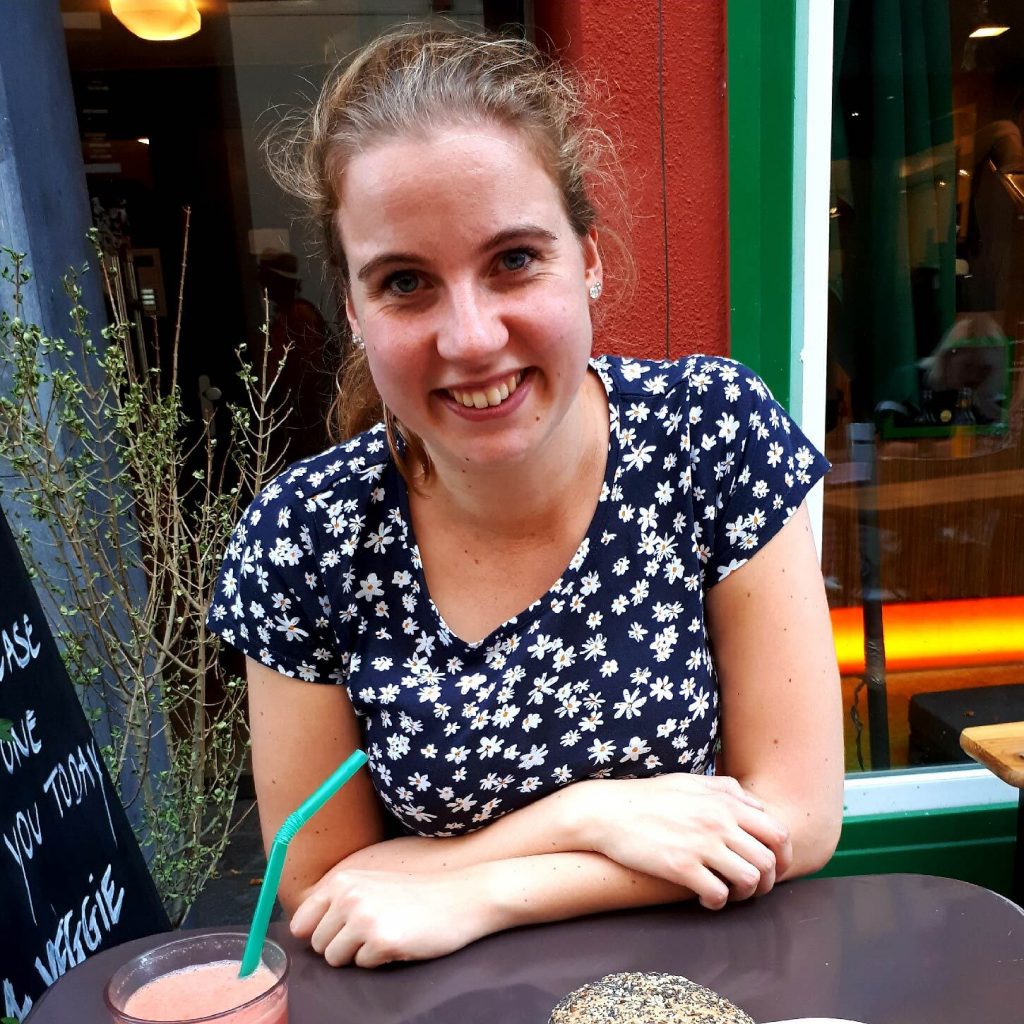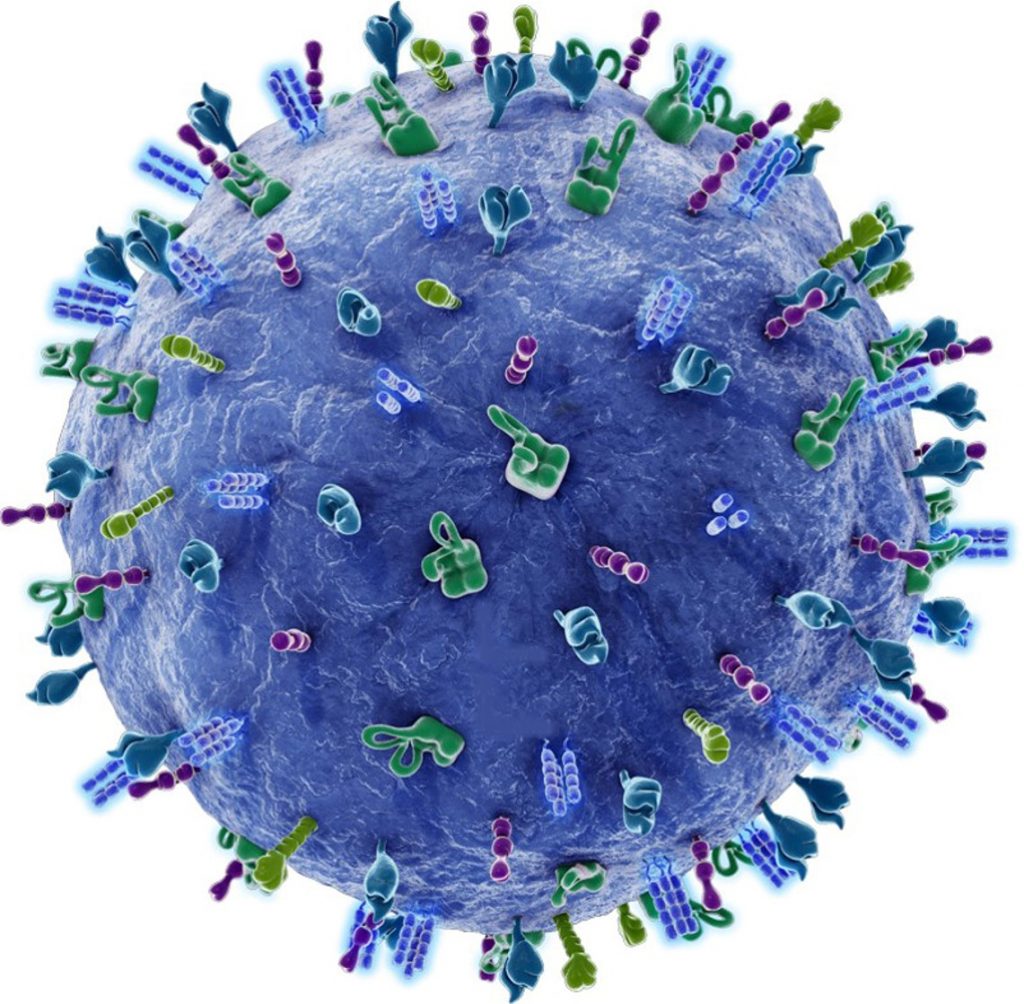All our immune cells are surrounded by a plasma membrane containing a wide variety of proteins and lipids. Tetraspanins are 4-transmembrane proteins that play an important role in the organisation of protein complexes in the membrane to ensure cell functions including adhesion, migration and signalling. The aim of the research is to unravel the molecular mechanisms that underlie tetraspanin function in immune cells in relation to the development of malignant disease. They discovered that tetraspanins control fundamental cellular processes in immune cells, including proliferation, signal transduction and antigen presentation. Tetraspanin-deficiency leads to various immunological defects and development of cancer. The group discovered that tetraspanins can protect against development of B-cell lymphoma. The team combines fundamental cell biology (advanced imaging, signal transduction) with preclinical mouse models to unravel plasma membrane organisation in health and disease. Targeting membrane organizers has exciting therapeutic potential in cancer and infectious disease, exemplified by tetraspanin CD37 as clinical target for patients with B-cell lymphoma.
Publications by the Tetraspanin group



Team members Annemiek van Spriel, PI Abbey Arp, PhD student Andrea Abel Gutierrez, PhD student Fabian Schwerdtfeger, PhD student Guus Franken, PhD student Martin ter Beest, senior researcher Rens Peeters, PhD student Philipp Hagemann, Post-doc Rens Peeters, PhD student Sjoerd van Deventer, Post-doc
Former team members
Anne van Duffelen
Alie van der Schaaf
Cesar Perez Martinez
Inge van Houdt
Erik Jansen
Fleur Schaper
Lotte de Winde
Malou Zuidscherwoude
Sharon Veenbergen
Simar Pal Singh
Suraya Elfrink
Vera Dunlock

Abbey Arp 
Fabian Schwerdtfeger 
Martin ter Beest 
Philipp Hagemann 
Sjoerd van Deventer 
Rens Peeters 
Guus Franken 
Andrea Abel Gutierrez
